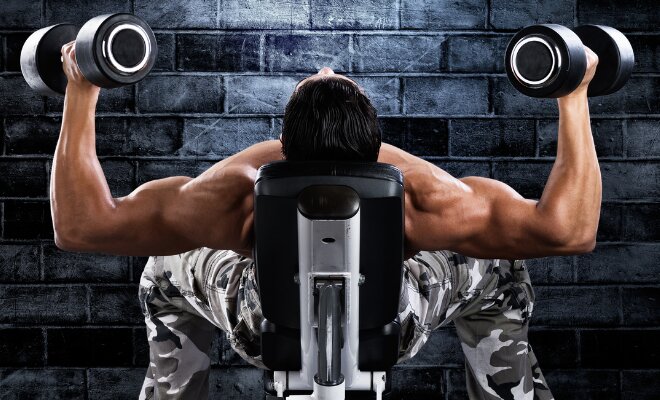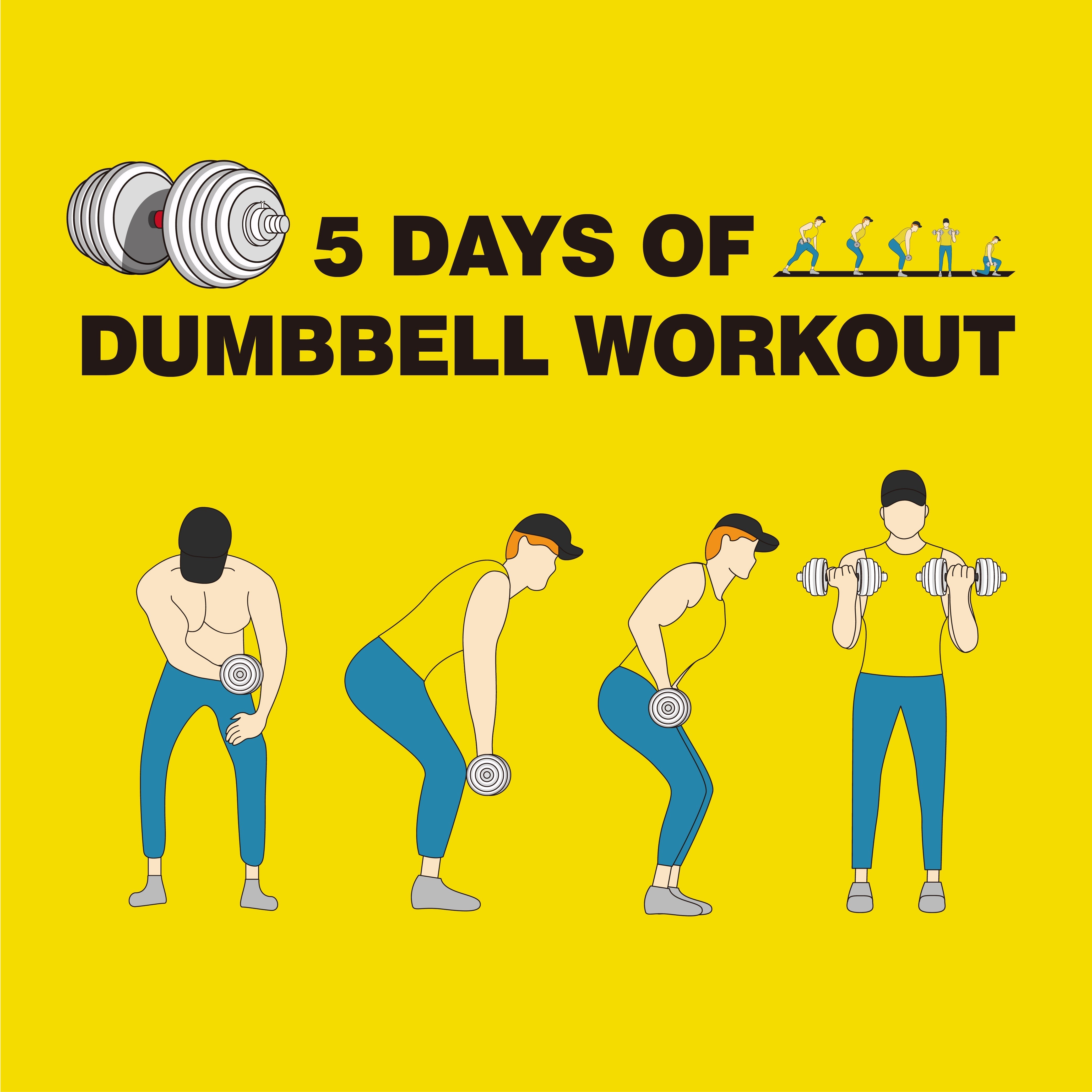It has a good effect on training core strength, balance and stability, core muscle groups, and fat loss.
The action does not look difficult, but it consumes a lot of calories very much, and it is interesting and not boring. Any fitness action combined with the half ball can make you refreshing.
The half ball balance is one of the most common functional gadgets in gyms. You can think of a half balance ball as a tool that cuts a yoga ball in half. Although it is only half of a yoga ball, its effect is not halved.
To use this equipment we must first understand it.
The origin and shape of the half balance ball
Bosu Ball (also called half balance ball ) is a transliteration of Bosu Ball. Originated in the field of yoga rehabilitation, the full name of bosu is "Both Side Up", which uses special equipment to exercise the body's sense of balance and other sports abilities, and the half ball is undoubtedly this special equipment.

It is derivative equipment. With the continuous development of modern sports training theories and methods, various training equipment accompanied by these theories and methods came into being. Sports products are derived from this background. It is professional equipment often used for core strength training.
Both sides of the exercise half ball can be trained, and the main feature is unstable surface training.
Form
The half ball is mainly composed of two parts, the upper part is a hemisphere made of PVC material, and the lower part is a round flat bottom made of ABS engineering plastic.
The average weight of the half ball is 150KG, the size and diameter are about 60-63CM, and the height is about 22-25CM.
The difference with the yoga ball
Compared with the yoga ball, the half ball adds a stable interface, which reduces the difficulty of training in the advanced and retreat training elements, which is more suitable for beginner trainers. At the same time, the training purpose is also increased, and the training methods are more and more interesting.
Composition

The hemisphere is mainly composed of two parts: the upper part is a hemisphere made of rubber, and the lower part is a plastic platform.
Features
Both sides of the hemisphere can be trained, and the instability of the spherical surface can be used to exercise strength, balance, and core strength more effectively.
The principle of advance and retreat
Increase or decrease unstable contact points, or add dynamic elements to balance training. The hemisphere can not only be used as separate training equipment but also can be combined with other equipment for training to achieve the best training effect.
Taboo
Do not touch the sphere of the half ball with sharp objects.
Balance and training
Balance training for novice fitness is often the most easily overlooked link. The lack of balance ability makes the stability of the joints of the bodybuilder lack. The movements are too fast and unstable, and the joints are not in the correct arrangement position, resulting in many hidden dangers and injuries. cause.
Balance and Professional Athletes
Balance is one of the components of all movements, and the movements related to agility, coordination, explosiveness, and reaction in competitive physical fitness need balance.
Training advantage
Users can perform static or dynamic balance training, strength and muscle coordination training, and spinal stability training according to their own needs, as well as various body posture gymnastics training.
On the balance half ball it can be done:
- coordination training
- stretch training
- flexibility training
- bending
- small jump
Explosive strength training as well as demonstration and warm-up exercises.
Whether it is on the ball or the bottom, it can effectively force the body to learn balance in a short time and can exercise our core muscles more.
Balance half ball workout
After talking about so many important points, how should we train? Now let's unlock the training movements for the hemisphere.
Balance half ball circle

Core muscle strengthening training: Keep your head up, chest and abdomen, shoulders, waist, buttocks, and heels are kept in a straight line to tilt left and right, front and rear, and the tilt angle makes the edge of the hemisphere touch the ground as much as possible
Squat

Stand on the ball, keep your chest and abdomen firm, and then do squats
Side lunge

Putting the weight on the stepping foot to accelerate can better train the cardiopulmonary emphasizing the upward explosive force and the range of hip extension
Jump up as far as you can to get more hip extension
Combined push-ups (ball face down)

Keep your shoulders, waist, hips, and heels in a straight line, keep your back straight, don’t slump your waist, tighten your core, and test the support of the shoulder joints and the stability of the overall trunk. The unilateral alternating leg bends after the push-up can train the lower abs.
Crunch

The hips are placed on the hemisphere to ensure the stability of the body, the transversus abdominis is tightened to keep the body open and balanced, the hands are placed next to the ears, and the legs are bent at 90 degrees. The internal oblique muscles contract when exerting force.
Choose training movements according to your ability (do 20 sets of each movement, 4 sets of each movement)
Notice:
Do a good job of warm-up before training, and arrange training according to your own physical conditions and health to avoid injuries caused by improper training.
Patients with chronic diseases such as high blood pressure, heart disease, diabetes, lumbar disc herniation, spinal stenosis, or osteoporosis, as well as women after surgery and during pregnancy, need to train (and practice and cherish) after consulting a doctor.
For each training action, you need to read the key points of the action in detail and do it in place.
When training, please pay attention step by step and cooperate with breathing, and do what you can.


